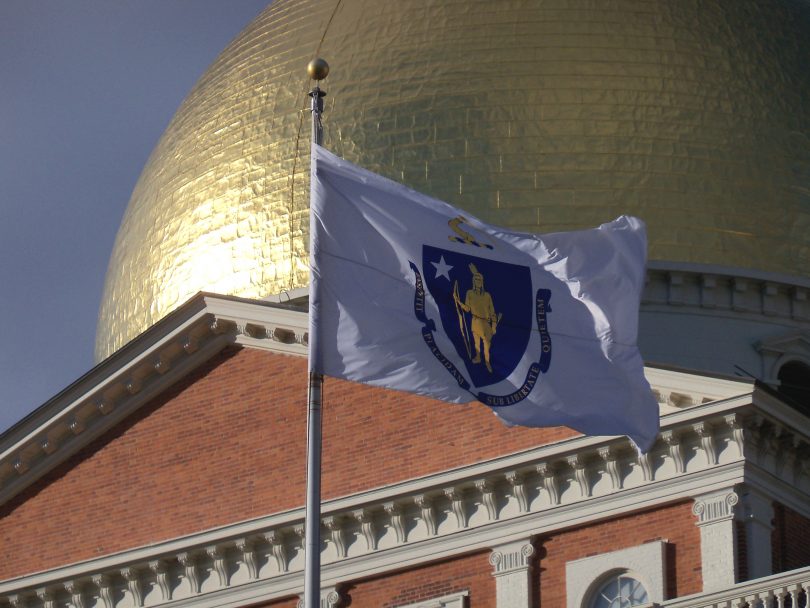By Madeleine Pearce
Boston University Statehouse Program
Legislation concerning electric bicycles can boost safety and ridership, transportation advocates say. And after a hearing last week before the Joint Committee on Transportation, that legislation might be rolling in the right direction.
Advocates pitch e-bikes as an affordable and climate-friendly mode of transportation. But Massachusetts is one of four states with “problematic” e-bike regulations, according to national advocacy group People for Bikes.
Observers say the present lack of clarity leaves riders uncertain about where e-bikes are permitted and whether they are bound by the same rules that apply to motor vehicles, which are prohibited from bicycle lanes.
A bill in the state Legislature, “an act relative to electric bicycles,” would outline new regulations for e-bikes, which do not yet have a definition in state law. The bill would create three classes for e-bikes based on the level of electric assistance, and low-speed e-bikes would face the same regulations as bicycles without electric assistance.
Galen Mook, executive director for MassBike, said the legislation would provide clarity over the rules for an increasingly popular sector of ridership. E-bikes’ growth, Mook said, has been “dramatically marked” among older adults.
“We would like to encourage legislation to define what those e-bikes are,” said Mook.
When Marge Cohan started advocating for a countywide bike path 20 years ago, some people thought she was “a crazy woman.” But today, there’s even talk of a “Western New England Greenway” …
Berkshire County has witnessed that rise in ridership, according to Nicholas Russo, senior transportation planner for the Berkshire Regional Planning Commission.
“As a Pittsfield resident, I’ve seen more vehicles with bike racks on the trunk,” said Russo. “There’s definitely an uptick.”
Russo identified a “gray area” in regulations due to the variation between types of e-bikes and the lack of an e-bike definition in state law. While some e-bikes assist only when the rider pedals and do not exceed 20 miles per hour, others have a throttle that can propel the bicycle without pedaling. The bill would set different regulations for different kinds of e-bikes and would introduce new standards for manufacturers.
Pete Wilson, senior advisor for the advocacy coalition Transportation for Massachusetts, said the legislation is particularly important because of e-bikes’ relative affordability — they cost less than cars — and environmental benefits.
“E-bikes provide an equitable, clean, and environmentally-friendly alternative to driving,” said Wilson.
As cities such as Pittsfield eye more bike-friendly infrastructure — a July report identified the challenges and benefits of increasing bike accessibility in Pittsfield — supporters say the legislation comes at the right time to accommodate the increased interest in ridership.
This article originally appeared in the Berkshire Eagle.




